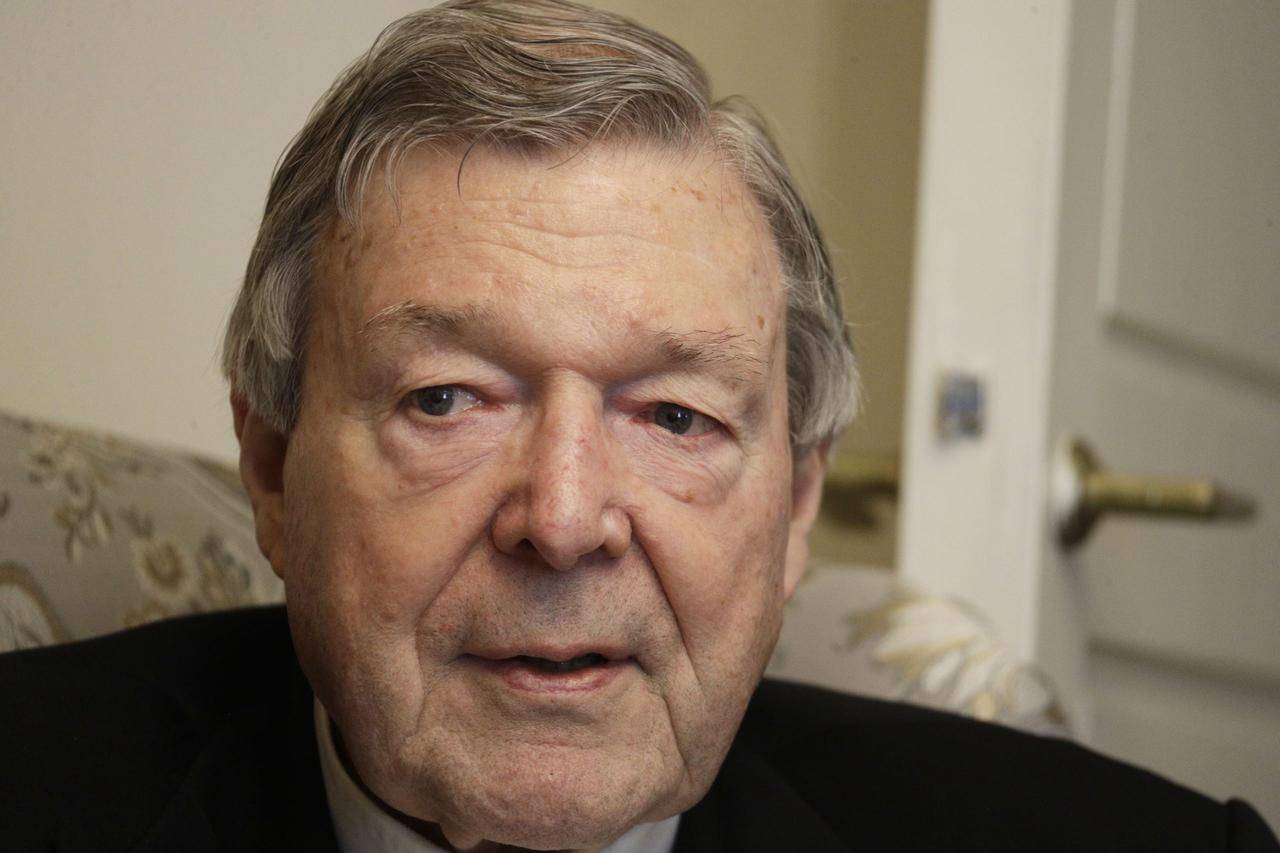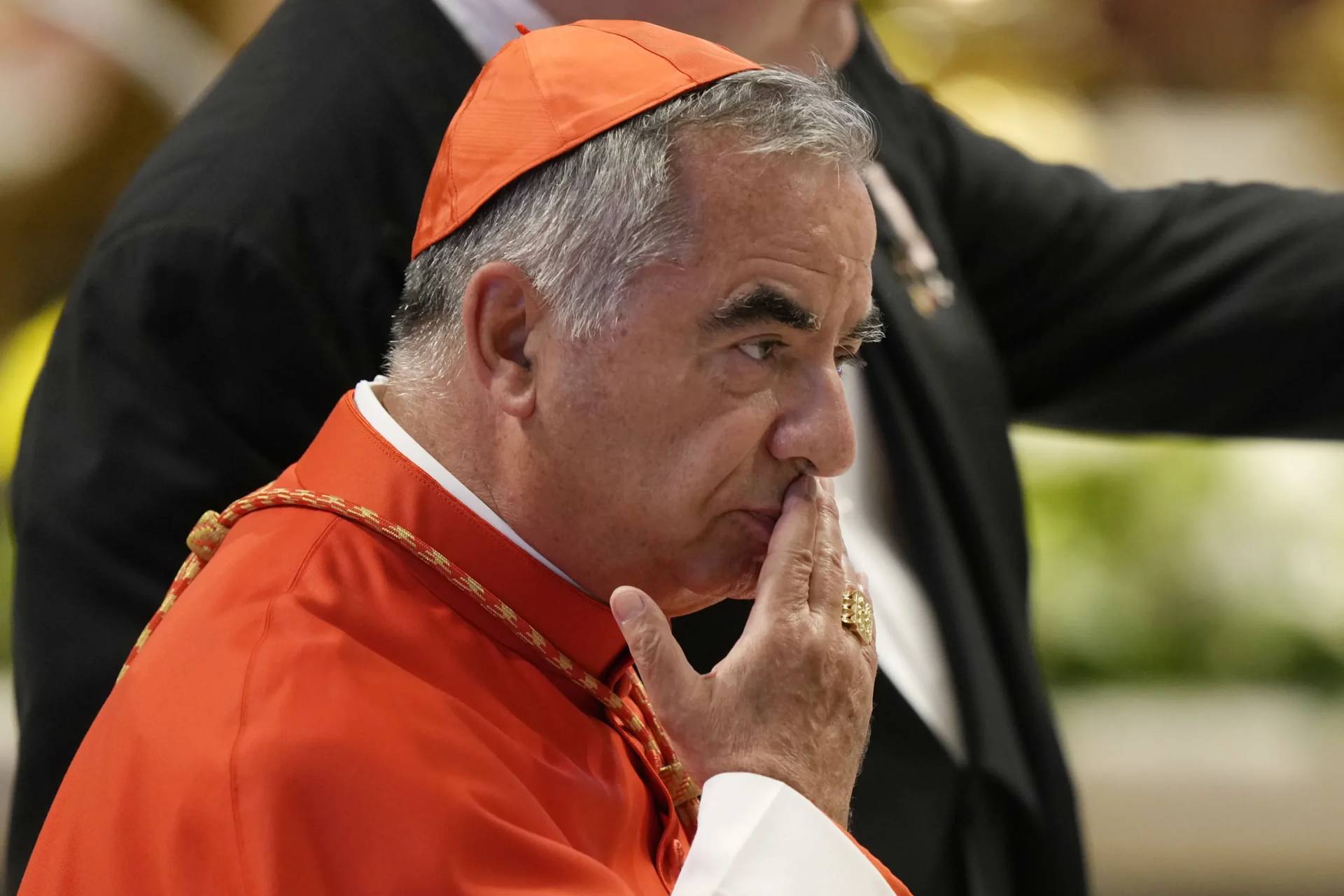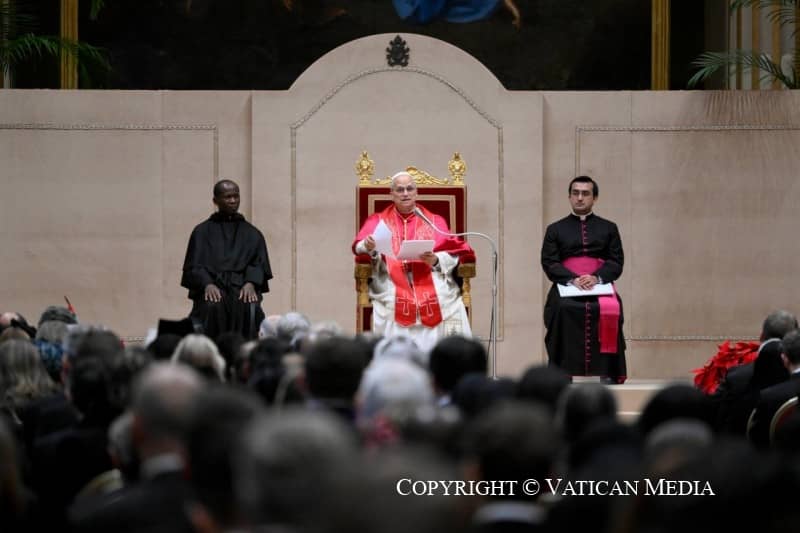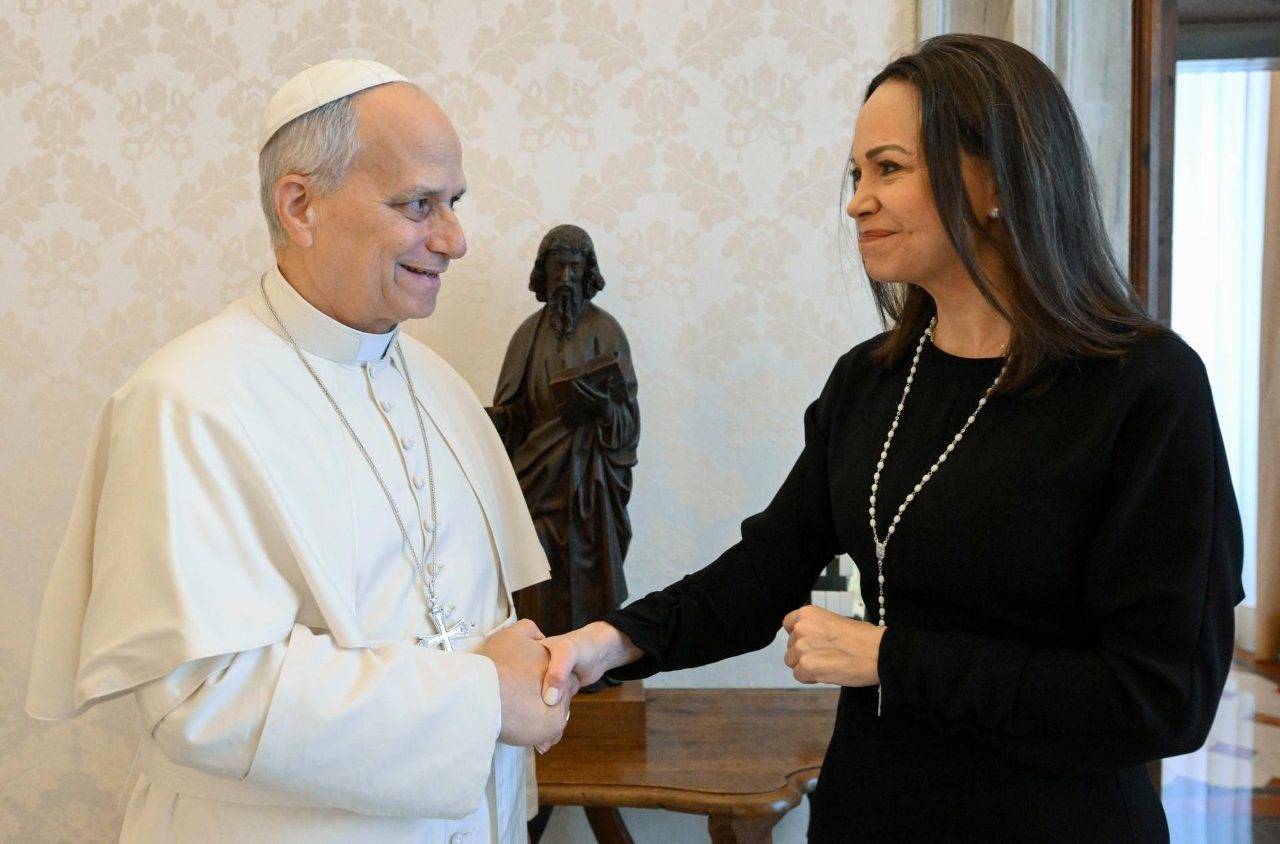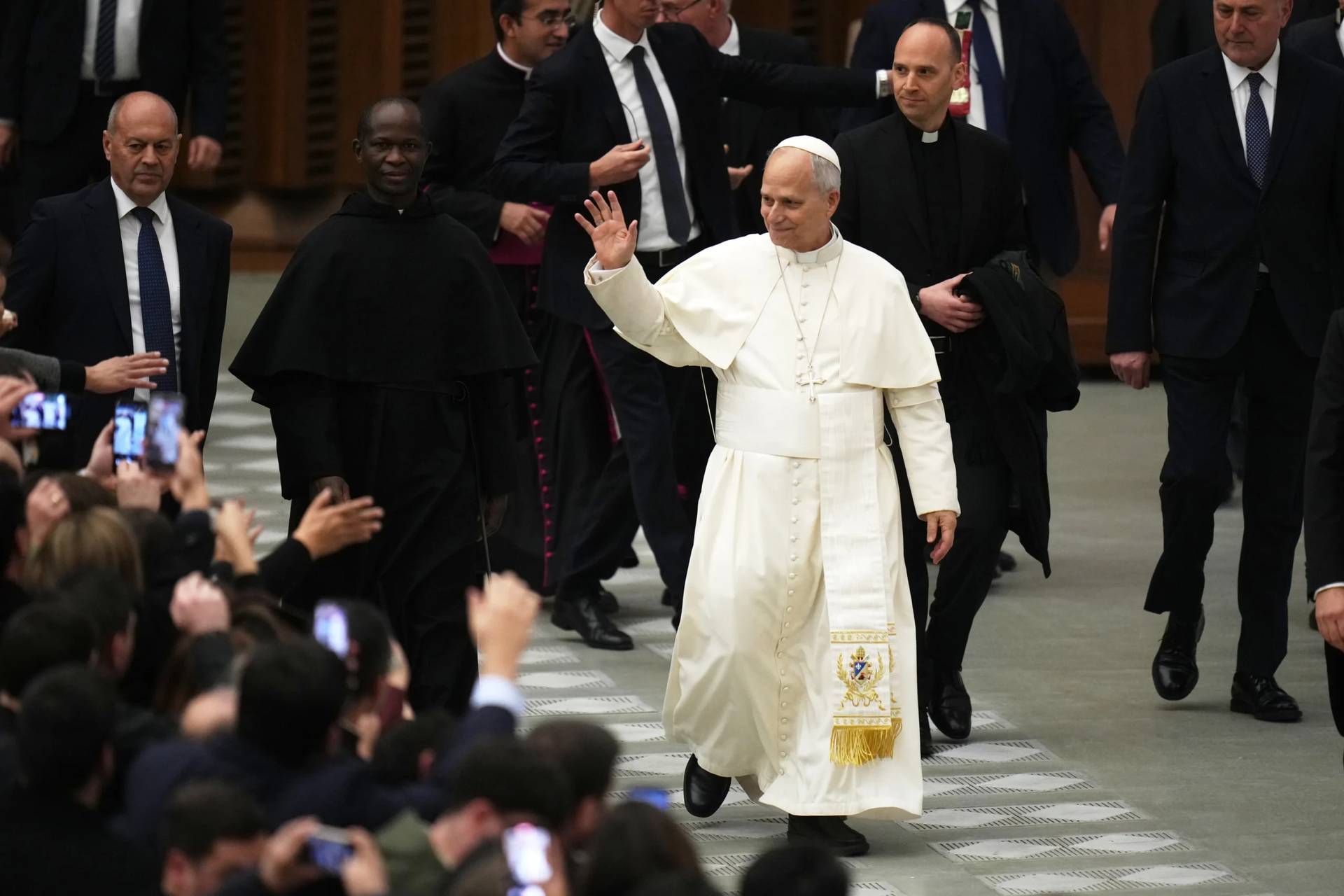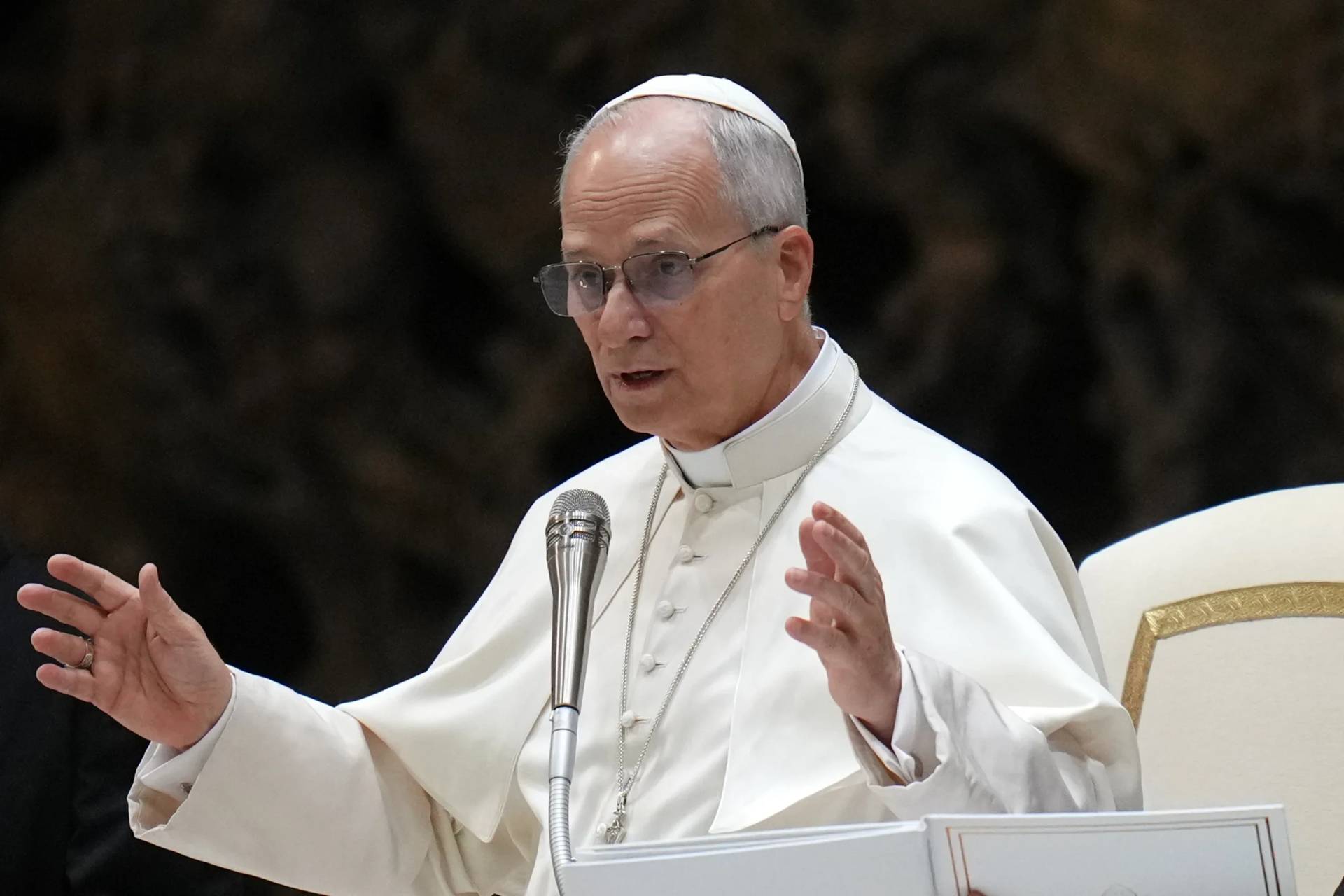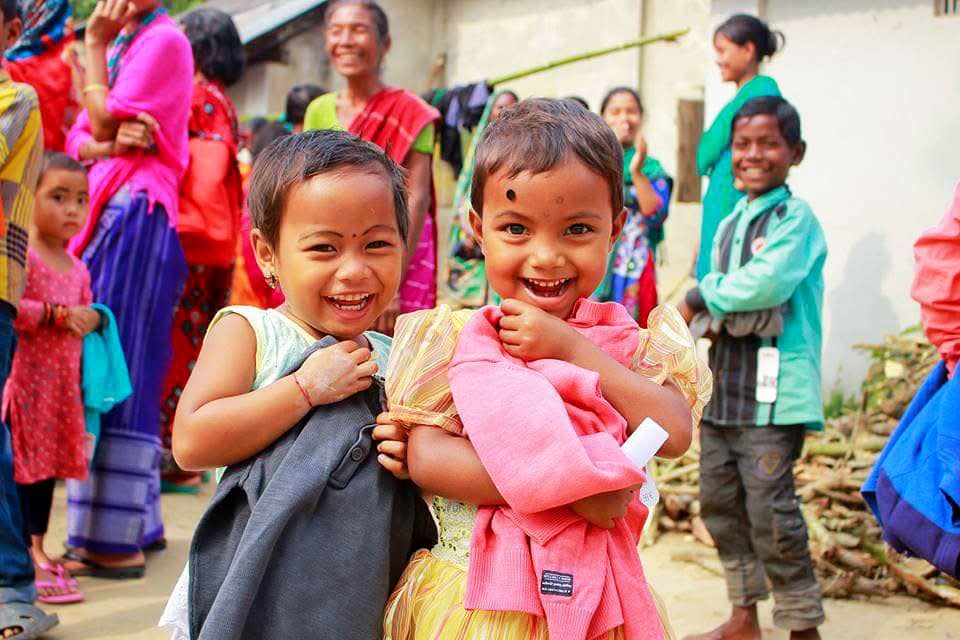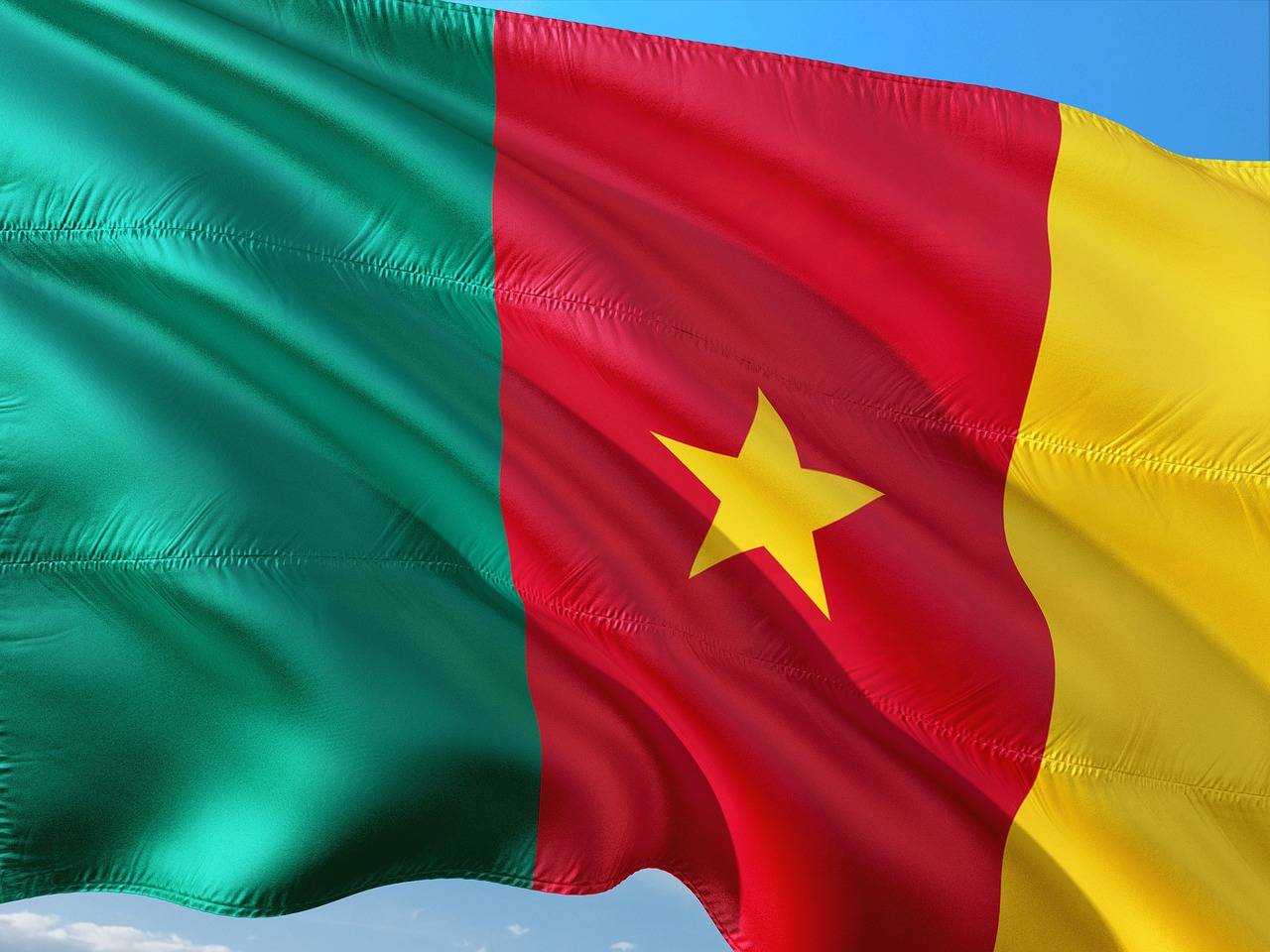ROME — Without dialogue, respect for differences and a recognition that all people have struggles and dreams, divisions and even violence between people will continue, Pope Francis said.
“Our increasingly interconnected world is not fraternal and convivial, far from it!” the pope said June 6 as he welcomed members of the Dicastery for Interreligious Dialogue, who were holding their plenary meeting at the Vatican.
Pope Francis told the group he was especially pleased to welcome them the day after Pentecost because it was on Pentecost in 1964 that St. Paul VI announced the formation of the dicastery’s predecessor, the Secretariat for Non-Christians.
“How far the Spirit has come in almost 60 years,” the pope said. His predecessor was inspired to recognize the importance of the church’s involvement in dialogue given the rapid increase of ties “between people and communities of different cultures, languages and religions — an aspect of what we now call globalization.”
The importance of the dicastery has not lessened, he said. “On the contrary, globalization and the acceleration of international communications make dialogue in general and interreligious dialogue, in particular, a crucial question.”
The plenary session was focusing on dialogue and “conviviality,” a choice Pope Francis praised because it focuses on the concrete experience of people, with all their similarities and differences, living together.
As a service of the church, he said, the dicastery has the mission of promoting “with other believers, in a fraternal and convivial way, the journey of the search for God, considering people of other religions not abstractly, but concretely, as having a history, desires, wounds, dreams.”
“Only in this way, can we build together a habitable world for all, in peace,” he said.
“Faced with the succession of crises and conflicts, ‘some people attempt to flee from reality, taking refuge in their own little world; others react to it with destructive violence. Yet between selfish indifference and violent protest there is always another possible option: that of dialogue,'” he said, quoting from “Fratelli Tutti,” his 2020 encyclical.
“Conviviality,” he said, means recognizing and giving value to the unique identity and beliefs of each person.
“In this sense, it has political relevance as an alternative to social fragmentation and conflict,” he said.
“I encourage all of you to cultivate the spirit and style of conviviality in your relationships with people of other religious traditions — we need it so much today in the church and in the world,” he said.
To those who object to such openness, Pope Francis replied that “the Lord Jesus fraternized with everyone, he spent time with people who were considered sinful and unclean, he shared the table of publicans without prejudice. And during a convivial meal, (the Last Supper), he showed himself as the faithful servant and friend to the end, and then as the risen one, the living one who gives us the grace of universal conviviality.”






